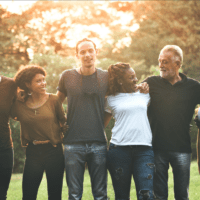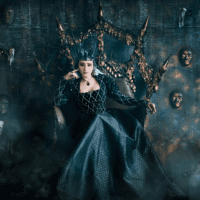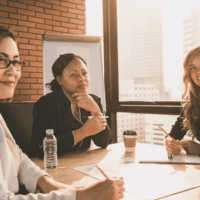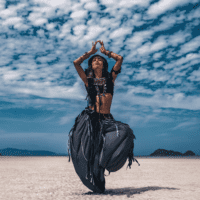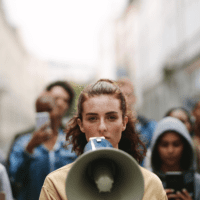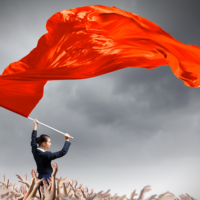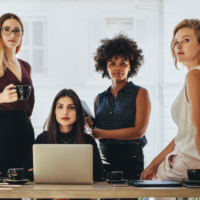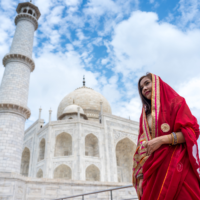“Representation Matters” is a slogan that speaks to the importance of portraying minority communities on national and global platforms in genuine and positive ways. Every person experiences the world differently – that’s why everyone deserves to feel visible and have their reality, values, and perspective affirmed. However, representation is not always done right. Find out…
8 Great Female Leaders in History and How They Inspire Us
While the number of female leaders around the globe has grown, they’re still in the minority. Young women looking to make their mark, as well as experienced women, are looking for role models. Get inspired by these eight female leaders in history who proved their effectiveness in creating positive transformation for their countries and the…
Linguistic Discrimination: How it Influences Our View On Others
With over 7000 languages worldwide, languages are a hallmark of cultural diversity. Even in English-speaking countries, people speak with linguistic variances and fluency. Yet, many people don’t appreciate this diversity and discriminate against those who don’t sound “normal” to them. Linguistic racism is a term used to describe racism perpetuated against others based on their…
Monotheism and Polytheism: What Are the Differences (and How to Respect Them)?
There is a smorgasbord of religions around the world. Each faith tradition captures our culture, history, and practices that get passed down through generations. If all religions are correctly understood, we’ll see that they are simply different windows we use for looking at higher realms of living and being. By learning about the differences between…
Minority Groups Around the World And Their Importance
Minorities are a group of people within a community or country who differ from the main population because of their ethnic, cultural, religious and linguistic affiliations. Their rights are highlighted because they are in a vulnerable position compared to others. The pain felt by minority groups is palpable, and the disadvantages they face are real….
8 Famous Activists Who Changed History
Activism is all about acting to bring about social change. It establishes fairness when we sense an imbalance of power that impacts society. There are no perfect activists, and everyone can use their unique skills to contribute if they do so from a place of passion. These stories of some of the most prominent famous…
Revolutions That Changed the World and How Conflict Shapes Us
Revolutions are instruments of change. They are often used when an existing leadership refuses to embrace progress. These transformations are fundamental to the growth and evolution of civilization. Learning about revolutions that changed the world can help us appreciate the sacrifices made by our ancestors and encourage us to embark on our own revolutions. These…
Gender Bias and Discrimination: What it is and How it Can Be Avoided
Living in a world where men dominate in positions of power, the rules aren’t always made to support the growth and progress of women. Establishing gender equality will have dramatic benefits and lead to improvements in both family life and the wider community. Find out how gender bias and discrimination impact girls and women from…
Understanding Individualistic and Collectivistic Cultures and How it Impacts Us
Culture is a way of life. It consists of practices, beliefs, rules, habits, and values that are used to guide behavior. Becoming aware of your culture’s influence and using that to make conscious choices that serve both your personal growth and your community is the key to finding balance. Here, we discuss both individualistic and…
How to Develop Intercultural Empathy
Intercultural empathy is an essential competency in our diverse, global society. It leads to better communication, understanding, and respect for each other. Like any other skill, we must develop it by being aware of our blocks and replacing them with understanding and better communication skills. In doing so, we open ourselves to forming deeper and…

